NYP
School of Business Management (SBM)
Banking and Finance Section
Quick Survey of Singapore Financial Services Sector
Dec 2018
to Bhutan Development Bank
Financial Services Sector
- The trade-related cluster—manufacturing, wholesale trade, transport and storage, making up about 45% of GDP
- The modern services cluster—financial, ICT, and professional services, making up 30% of GDP
- The domestic-oriented cluster—construction, retail and food, health and education services, making up 25% of GDP
- Financial Services contributes 14% to Singapore GDP as at 3Q 2018. Fast growing at 6.7%
- Other major contributors to Singapore GDP
- Manufacturing 20% (YoY Growth Rate 3%)
- Wholesale & Retail Trade 18% (YoY Growth Rate 3.7%)
- Business Services 15% (YoY Growth Rate 0.4%)
- Other Services Industries 12% (YoY Growth Rate 4.9%)
- Over 200 banks have presence in Singapore with total asset size of ~ USD 2 trillion as of Dec 2013
Source: MAS Annual Report 2017/2018
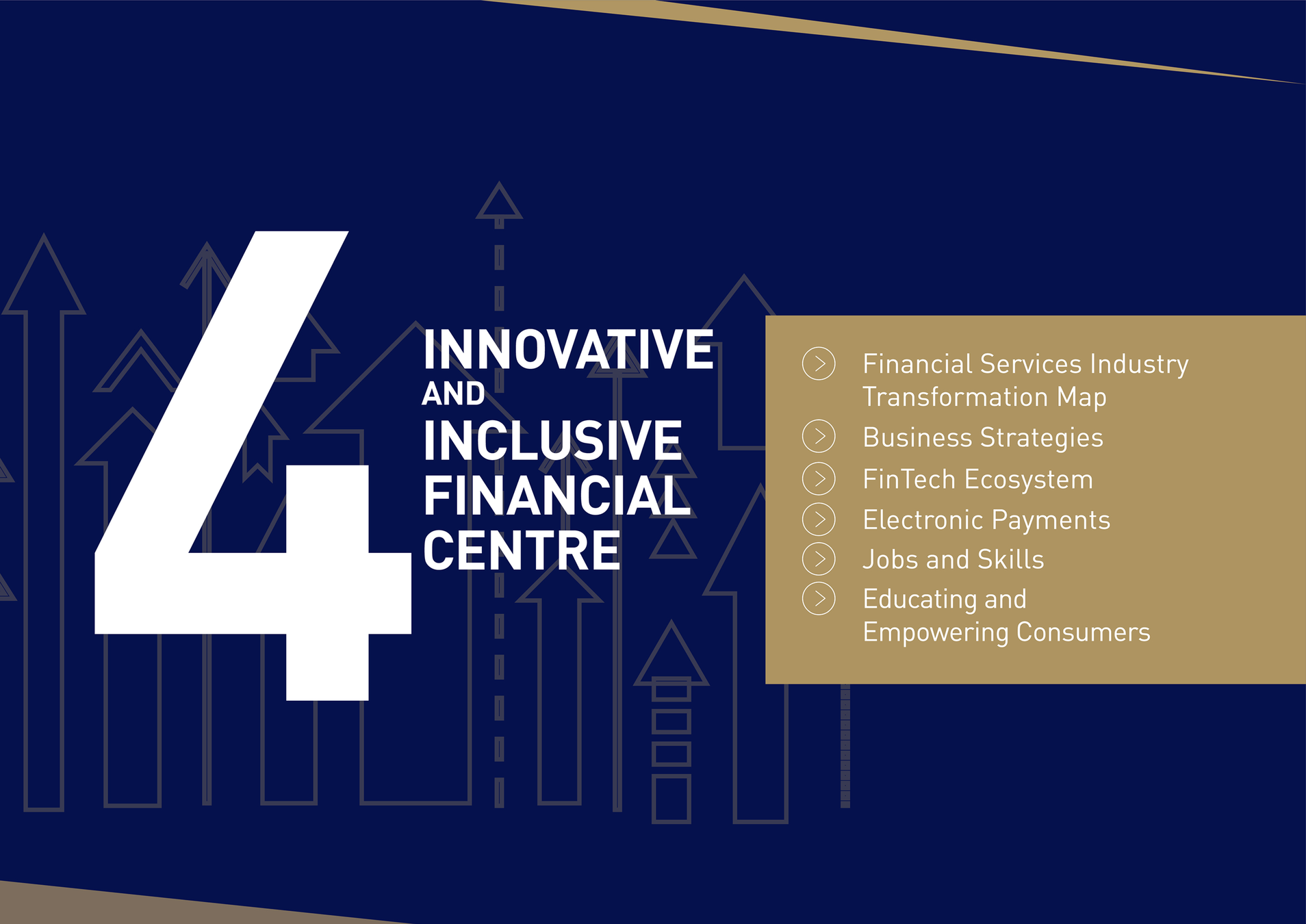
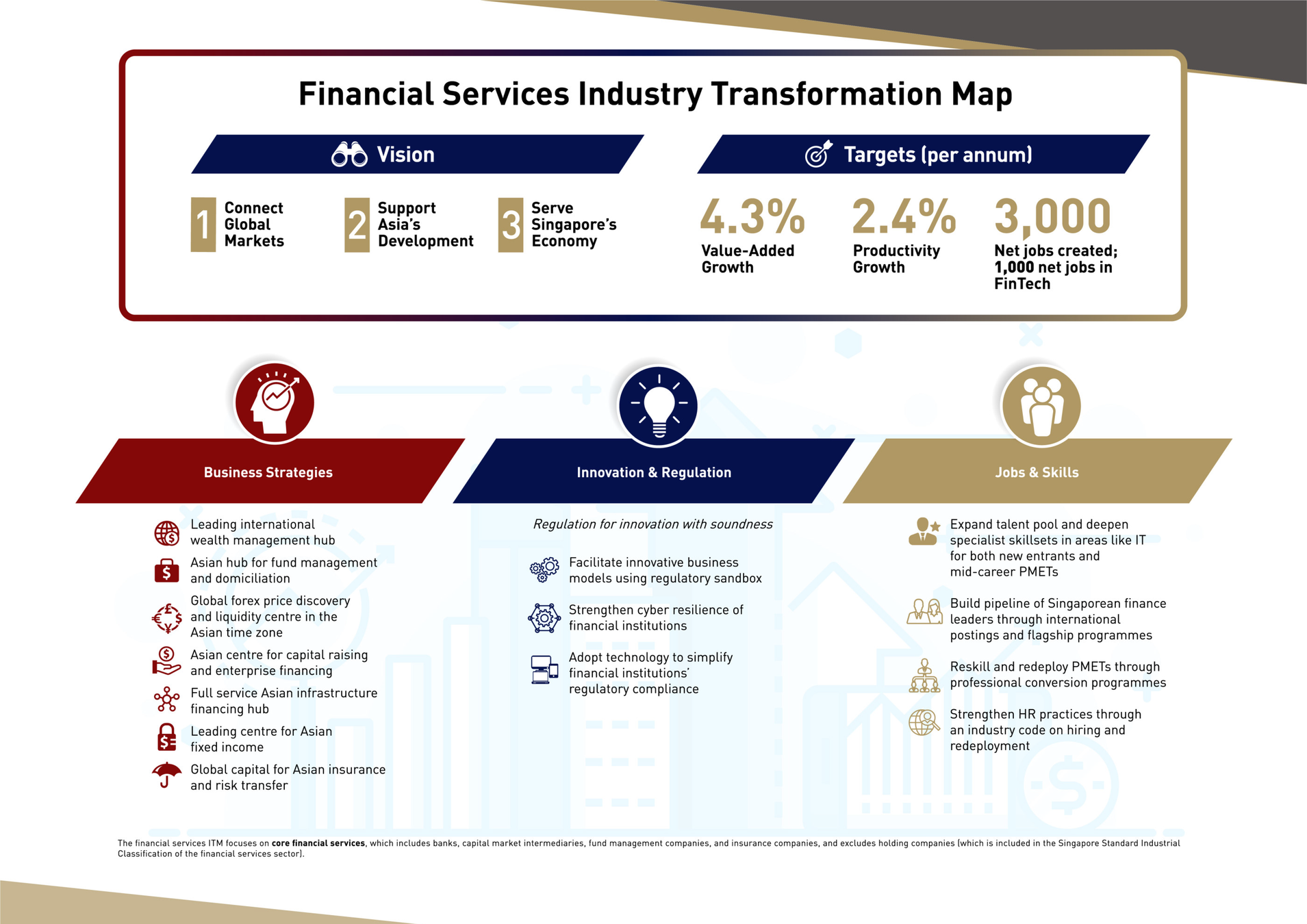
Source: MAS Annual Report 2017/2018
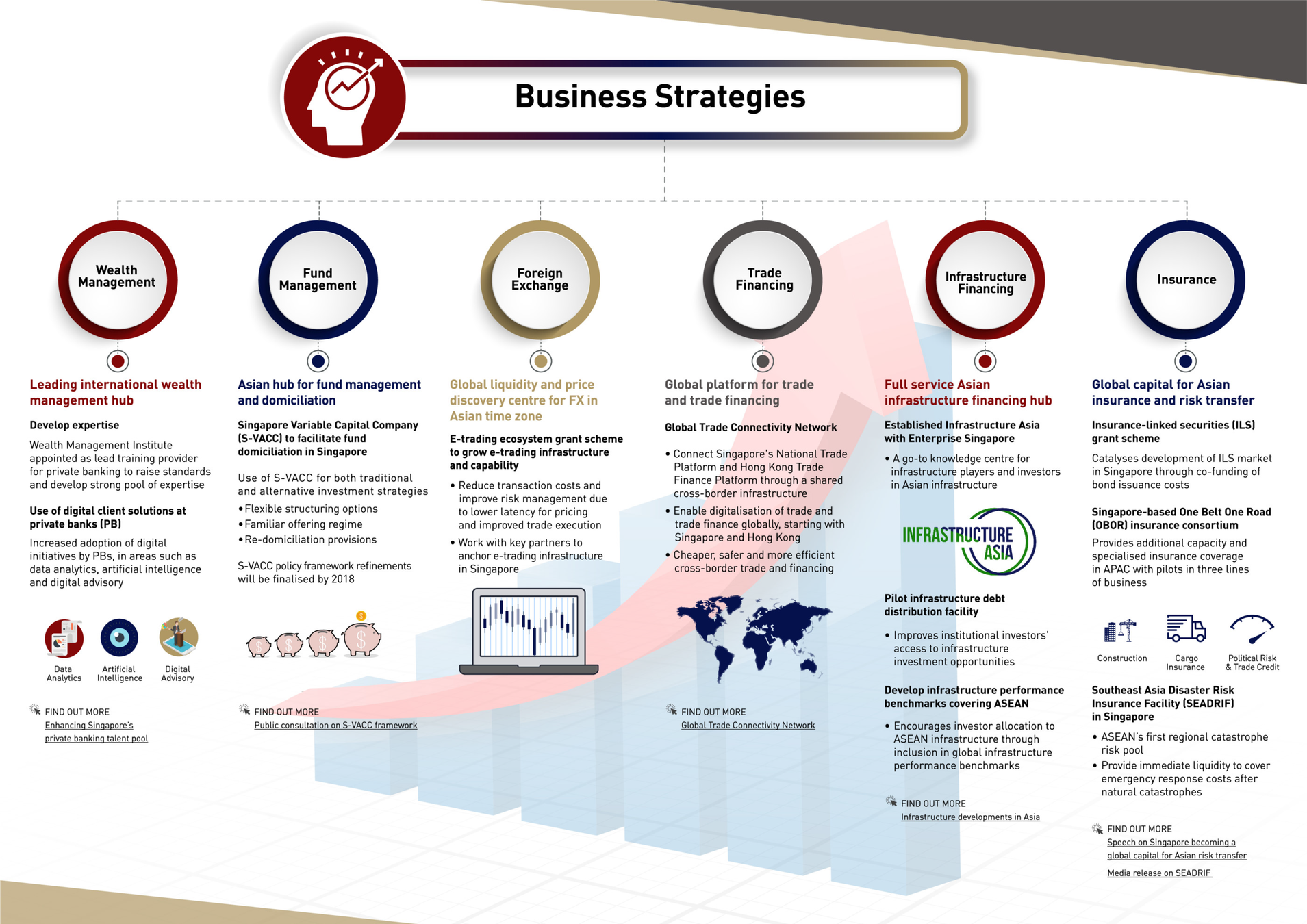
Source: MAS Annual Report 2017/2018
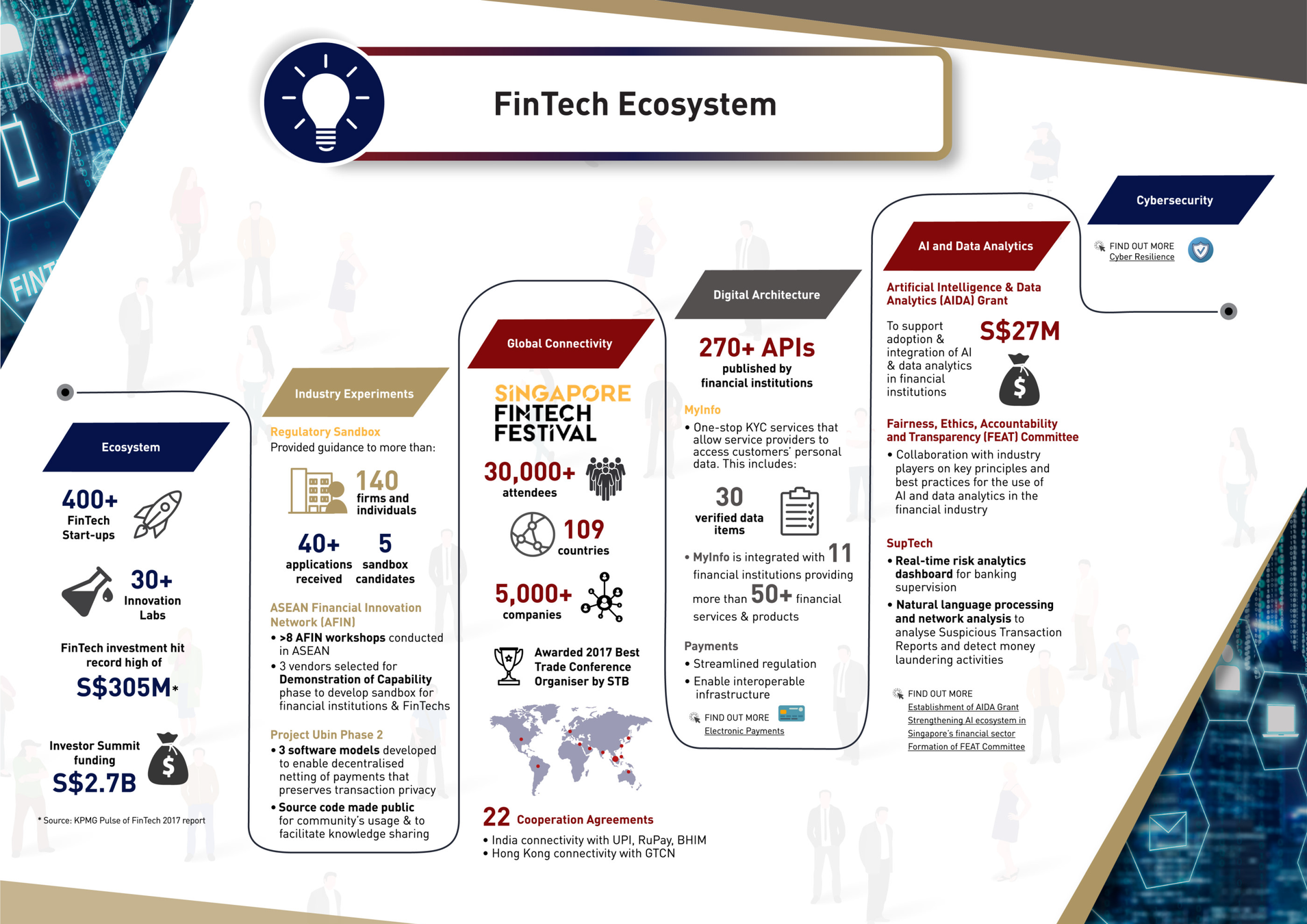
Source: MAS Annual Report 2017/2018

Source: MAS Annual Report 2017/2018
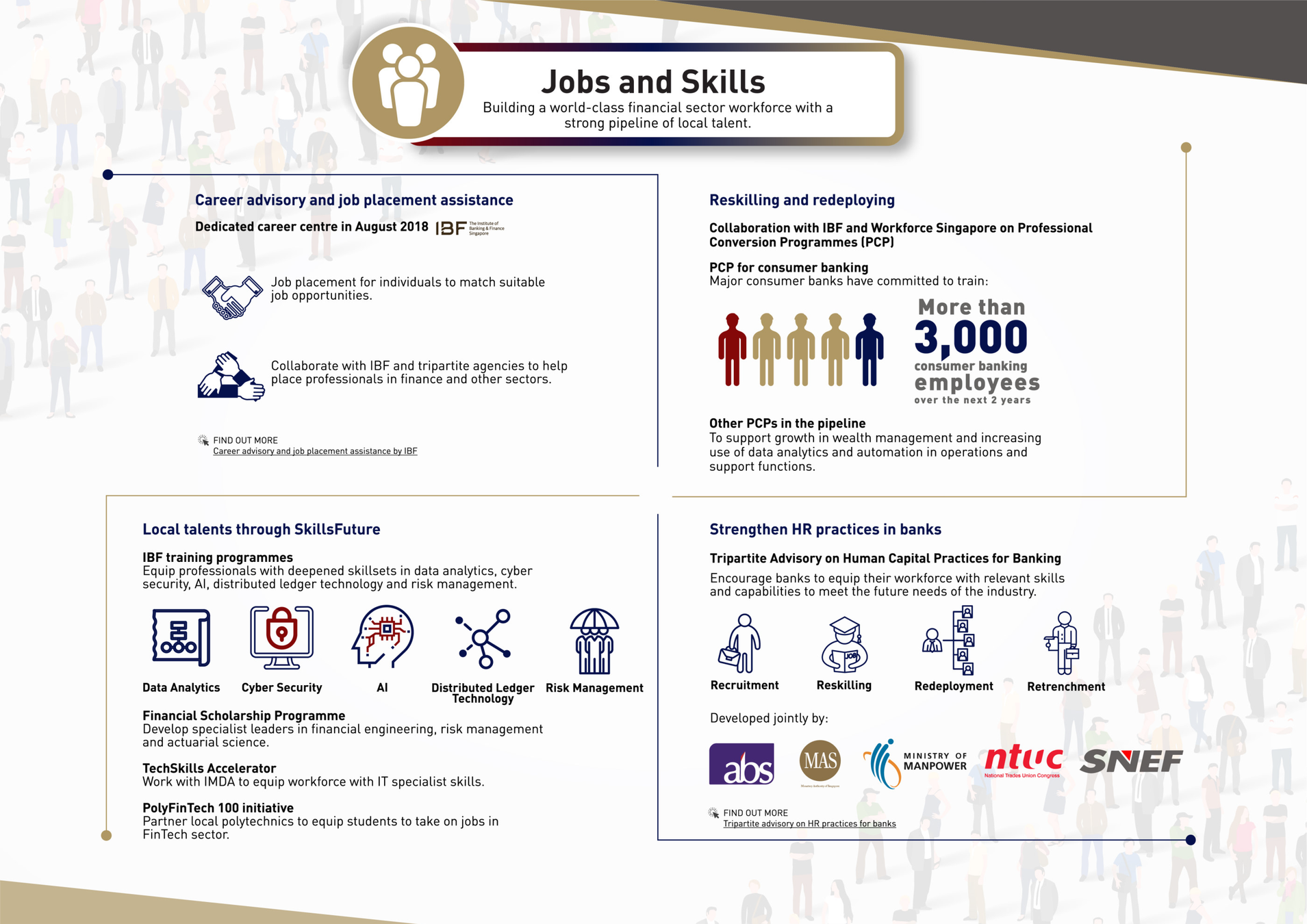

Source: MAS Annual Report 2017/2018
Singapore FinTech Festival 2018
- Innovation, Inclusion, Inspiration
- 40,000 participants from 100+ countries
- Financial Ecosystem
- People - IHLs, Skillsfutures
- Identity - MyInfo
- Payments - FAST, SGQR, Project Ubin
- Data governance - Fairness, Ethics, Accountability & Transparency, or FEAT, in the use of AI and data analytics.
- Applied research - Grant scheme
- Patforms for innovation - AFIN, the ASEAN Financial Innovation Network, API Exchange (APIX)
Source: Ong Ye Kung Speech, Ravi Menon Speech
NYP BFS
Build Your Knowledge in Wealth Management, Fund Administration and FinTech
This course is designed and taught by our dedicated team of experienced lecturers, many of whom have postgraduate degrees and industry certifications and were senior banking professionals. Depending on your interest and career aspirations, you can opt for specialisations in Wealth Management, Fund Administration or Financial Technology (FinTech).
Furthermore, with FinTech radically changing how we live and do business, you will be in a good position to take advantage of opportunities in the industry through workshops, innovation lab visits and cross-disciplinary projects and competitions. You will also get a head start in your future career with internships at prestigious financial institutions, including the Monetary Authority of Singapore, GIC, Citibank, DBS, HSBC, Investment Management Association of Singapore, OCBC, State Street, UOB and many more.
Diploma in Banking & Finance
Title Text
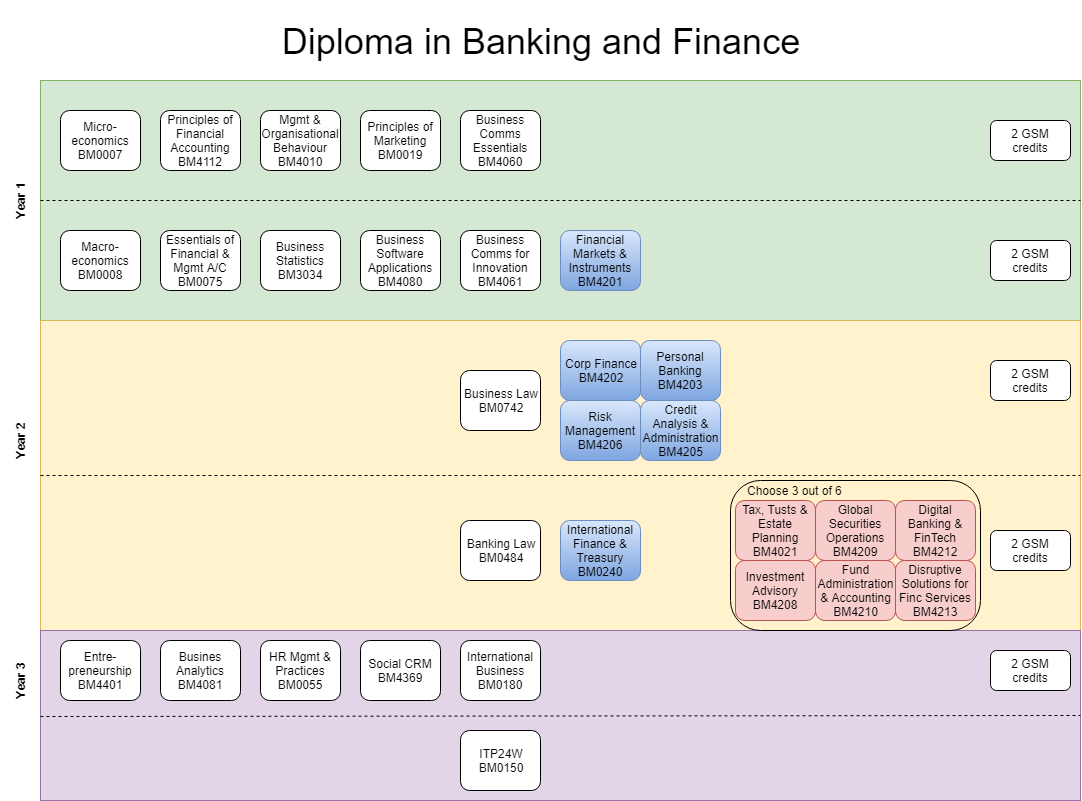


NYP BFS
Specialist Diploma
Singapore plays a key role as Asia’s premier fund management hub and wealth management centre. Future-proof your career in this resilient sector by deepening your skills through our Specialist Diploma in Fund Management & Administration, the only programme of its kind offered in Singapore. The programme allows participants the opportunity to upgrade themselves with the necessary skills and competencies in the emerging areas of asset and wealth management under the SkillsFuture Initiative.
The Specialist Diploma in Fund Management & Administration aims to:
-
Provide participants the opportunity to upgrade themselves with the necessary knowledge and competencies in the fund industry.
-
Enhance the competitiveness of participants in the fund industry by covering both front office and middle/back office operations.
Specialist Diploma in Fund Management & Administration
-
Financial Markets & Instruments
-
Financial Instruments
-
Alternative Investments
-
Investment Analysis & Portfolio Management
-
Fund Fundamentals
-
Fund Administration
-
Global Securities Operations
-
Risk Management & Compliance Monitoring

Specialist Diploma in Fund Management & Administration
NYP BFS
Certificate in Fund Administration
Strong regional growth, a supportive regulatory infrastructure, and conducive financial eco-system are factors which have catalysed the development of the asset management industry in Singapore. Asset managers based in Singapore have a strong pan-Asian coverage and offer a broad and diversified range of investment capabilities, spanning traditional and alternative strategies. This has attracted investors who are keen to participate in the region’s growth.
Today, asset management is one of the key segments of our financial sector, directly contributing to the overall economy and even helping to spur activities in other sectors such as foreign exchange and debt markets. As such, fund administration and other related services are expected to be in great demand.
The programme is broad-based in nature and exposes the participants to the entire value chain in the fund industry, from front end to back office operations.
Fund Administration (Certificate)
Module 1: Equities
Module 2: Debt Securities
Module 3: Alternative Asset Classes
Module 4: Derivatives
Module 5: Fund Accounting
Module 6: Fund Administration
Module 7: Regulatory Framework
Module 8: Custody
Module 9: Principles of Fund Management

Fund Administration (Certificate)
NYP BFS
SkillsFuture Series
E-Payment Made Easy
This course aims to provide participants with a practical understanding of how to securely implement contactless payments in Singapore. Through role-playing and live simulations of popular mobile payment modes, participants will be exposed to different payment systems, like PayNow and eNETS, as well as apps which utilise them in real work settings.
https://eservices.nyp.edu.sg/alls/course/cseDetails.jsp?id=10170
MACHINE LEARNING IN FINANCE
This course aims to provide participants with an introduction to machine learning and data science. Examples of how they are applied to the world of finance will also be shared and discussed. Applicants should have some knowledge in Python programming.
https://eservices.nyp.edu.sg/alls/course/cseDetails.jsp?id=10927
NYP BFS
SkillsFuture Credit Eligible Short Courses
Growing Wealth
This module aims to provide participants with basic investment knowledge about various financial products and principles of responsible investing. In addition, they will learn about planning for their retirement needs.
Course Outline
- Investment - Stock Market Basics
- Investment - Bonds
- Investment - Unit Trusts & ETF
- Risk & Returns
- Money Management Rules
- Planning for Retirement
https://eservices.nyp.edu.sg/alls/course/cseDetails.jsp?id=CB0408
NYP BFS
100% Online Courses
FINANCIAL ANALYTICS WITH PYTHON
Participants will be introduced to the Python programming language for the purpose of performing financial analytics. Important topics covered include data types and structures, data munging, transformation, visualisation, time-series modelling, input / output operations, statistical application with python and working with EXCEL.
Learners will also be exposed to the crucial Python scientific stack that are used by data scientists and will be provided with opportunities to solve financial data analytics problems.
The course will cover the key pillars of analytics – descriptive analytics, predictive analytics and prescriptive analytics.
https://eservices.nyp.edu.sg/alls/course/cseDetails.jsp?id=10926
INTRODUCTION TO CLASSICAL MACHINE LEARNING
This short course will provide the participants with an overview of classical machine learning (also called shallow learning) in the field of finance. At the end of the course, participants will gain a deeper understanding of the types of problems that can be solved using machine learning.
The various categories of machine learning being supervised, unsupervised and reinforcement learning will be explored. Cases in finance will be discussed and exampled used in the industry will be provided.
https://eservices.nyp.edu.sg/alls/course/cseDetails.jsp?id=10924
FOUNDATION OF NEURAL NETWORKS
This short course is an introduction to the foundations of deep learning for more advanced modules, such as computer vision. By the end of this course, participants will have a firm understanding of the concepts of neural network such as neural network architectures, feed-forward networks, backpropagation, keras and dropout.
Examples of simple Artificial Neural Networks will be applied to topics covered in classical machine learning to compare and contrast the performance of the two different approaches.
https://eservices.nyp.edu.sg/alls/course/cseDetails.jsp?id=10925







